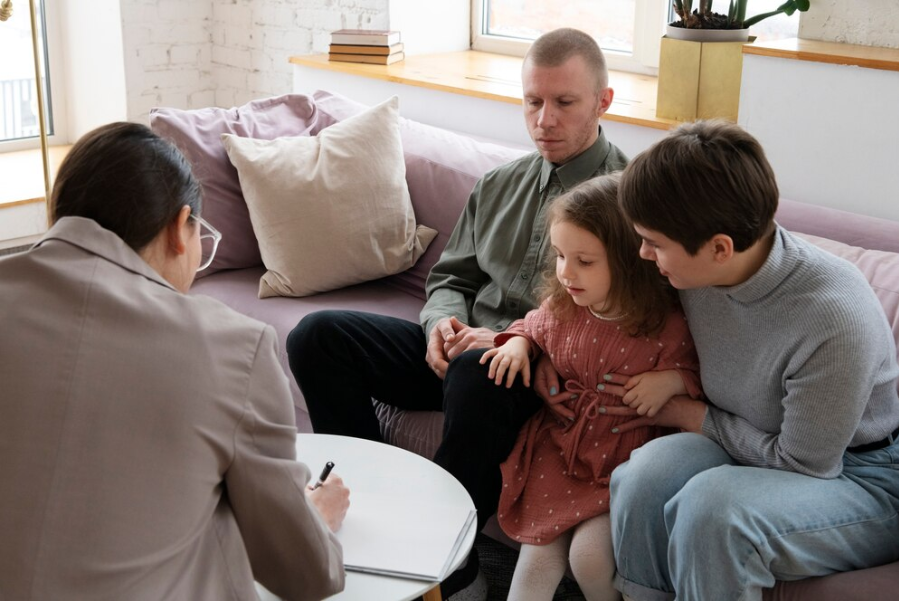Should I Engage With Parent Counseling If My Teenager Is In Treatment?
The Benefits of Getting Involved With Treatment as a Parent
When your teenager enters mental health or substance use treatment, your active participation through parent counseling or support can significantly enhance their recovery journey. Parent involvement is vital to help your child overcome challenges, foster a healthier family dynamic, and promote lasting changes within your household. Here are some key benefits of parent engagement in counseling:
1. Engaging With Your Child’s Struggle
Parent counseling can empower you to better understand your teenager’s specific struggles with mental health or substance use. Engaging in open, empathetic communication can create a safe space for your child to share their concerns and feelings. By learning more about their experiences, you can offer personalized support and strengthen your connection with them, ultimately fostering a more trusting and collaborative relationship.
2. Understanding Your Parenting Style
Parent counseling provides valuable insights into your parenting style, communication methods, and emotional support strategies. Understanding how you interact with your child allows you to tailor your support to meet their unique needs effectively. This self-awareness also helps you address and improve family dynamics that may be influencing your child’s mental health.
3. Improving Your Parent-Child Relationship
Counseling sessions offer practical strategies to resolve conflicts, improve communication, and strengthen your parent-child bond. Building empathy, engaging in shared activities, and celebrating achievements together can rebuild trust and enhance the overall relationship with your teenager.
4. Enhancing Family Dynamics
Active participation in counseling can lead to positive changes in family dynamics. Encouraging open communication, fostering empathy, developing conflict resolution skills, and celebrating individual strengths can create a supportive and cohesive family environment. Counseling helps establish healthy patterns of interaction, benefiting the entire family unit.
5. Navigating Divorce-Related Challenges
If your family has experienced divorce, counseling can address the impact it has on your child and your family dynamics. Open communication and collaborative co-parenting strategies can help your child feel more supported during challenging transitions, promoting resilience and emotional well-being.
6. Building Conflict Resolution Skills
Parent counseling focuses on equipping you with conflict resolution skills and effective communication strategies. Approaching conflicts with empathy and a solution-oriented mindset can foster a healthier, more understanding family dynamic. Constructive conversations and collaborative problem-solving help prevent conflicts from escalating and promote long-term family harmony.
7. Setting Healthy Boundaries
Healthy boundaries provide structure and predictability within the family. Parent counseling encourages open discussions about personal and emotional boundaries, allowing family members to respect one another’s space and preferences. This practice nurtures individual well-being and fosters mutual understanding within the family unit.
8. Finding Community
Engaging with other parents facing similar challenges can provide a valuable sense of community and emotional support. Parenting groups, online forums, and community events offer opportunities to exchange advice, share experiences, and find reassurance in knowing you’re not alone. Building connections with other parents strengthens your ability to navigate the complexities of parenting a teenager in treatment.







